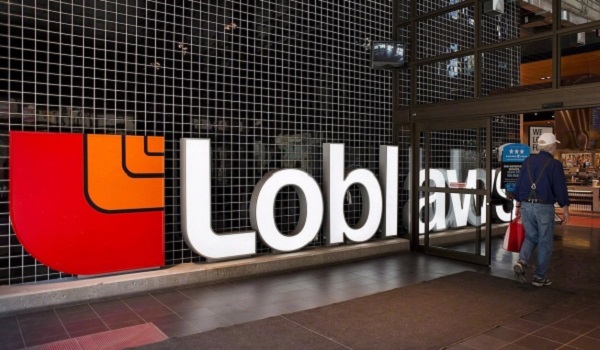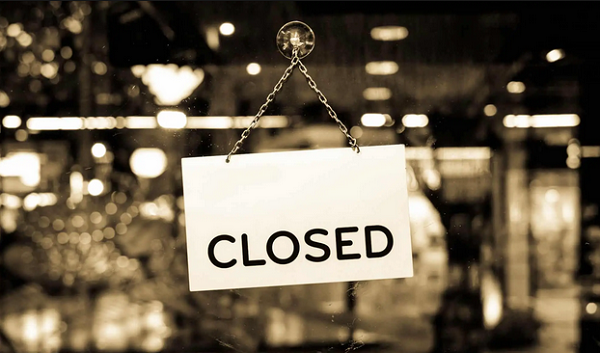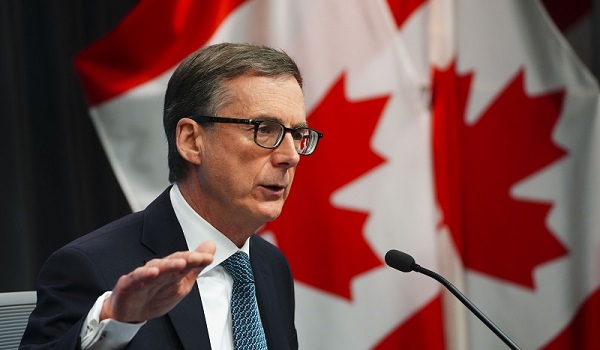Boycott on Loblaws has no meaningful effect on sales – in fact, grocer’s prices just hit a new high
After more than a week, the Loblaw boycott doesn’t appear to have made a dent in the grocery chain’s sales, according to a group of suppliers.
Executives at four major food companies, representing a wide selection of goods, said they haven’t seen an impact from the boycott so far this month. The four executives, who spoke on condition of anonymity to avoid compromising their relationship with Loblaw, said their sales and orders with the chain don’t appear to have changed, despite some online claims that the boycott was hurting the grocery chain.
Investors don’t appear to be concerned that the boycott will impact profits either. In fact, Loblaw shares traded above $156 this week, an all-time high.
Kathleen Wong, senior analyst at Veritas Investment Research, suggested that investors remain confident in Loblaw because in the middle of an affordability crisis, when consumers are looking for value, her analysis has shown Loblaws prices have been coming down and are on par, and in some cases even better, than its competitors in Canada.
Loblaw, a ubiquitous network of more than 2,450 stores, includes banners such as No Frills, Shoppers Drug Mart, Your Independent Grocer, Zehrs, Fortinos, Real Canadian Superstore and Valumart. And with most shoppers looking to shave money off their grocery bills, it’s hard to convince them to turn down a deal, especially if it involves a longer trip.
“Investors are grocery shoppers just like you and I,” Wong said.
But some insiders warned that Loblaw and its rivals shouldn’t underestimate the long-term impacts of this movement, which captures an intense wave of consumer resentment after years of high inflation and profit growth in the Canadian grocery business.
Last week, Loblaw chairman Galen Weston has acknowledged his industry has faced “unprecedented criticism” as grocery prices soared by 20 per cent over the last three years. But he also dismissed the boycott as “misguided” during Loblaw’s annual general meeting last week.
The boycott, which started on the Reddit group r/Loblawsisoutofcontrol, got off to a splashy start last week with national media attention, likely amplified by the fact that it coincided with another successful Loblaw’s earnings update.
On May 1, the day the boycott started, Loblaw reported that profits jumped by nearly 10 per cent in the first quarter compared to the same time last year. The company also rewarded its shareholders with a 15 per cent dividend hike — the largest increase to Loblaw’s quarterly dividend in at least 15 years, according to an analysis of earnings reports and news releases going back to 2009.
“I mean, c’mon. Of course that’s going to fan the flames,” said Gillian Kerr, a consultant and former marketing executive at major grocery chains, including Sobeys, Metro and Loblaw.
Kerr said Loblaw should be taking the boycott seriously, despite early signs that there will be minimal short-term financial impact.
“It could gain momentum,” she said, “because it is something that matters to to everybody.”
One senior executive at a global food manufacturer said replenishment orders from Loblaw suggest his products are selling at a faster pace than planned so far this month, though he stressed it was too early to tell whether that jump in sales was a real trend or a blip.
Another manufacturing executive said real-time data provided by Loblaw shows his sales are at normal levels so far this month, but he also said in-store sales performance is dependent on many factors, such as promotions or aisle displays, so it’s hard to fully understand the impact of a single factor like a boycott.
Kerr, the former grocery executive, said it would take a significant drop in sales before stores started changing their orders. Instead, she said, if traffic to stores dipped, the first thing stores would do is cut staff hours.
Boycott organizer Emily Johnson said the impact is broader than just foot traffic at Loblaw. She said boycotters have reported feeling “less alone in their struggles” and have found new, independent grocers in their neighbourhoods.
“Others have been sharing about how they have reconnected with family over the boycott,” Johnson said in an email. “It has been incredibly heartwarming for our team.”
Loblaw spokesperson Catherine Thomas said the company is listening to the complaints and last week, CEO Per Bank met with Johnson to “to discuss their concerns and outline some of the steps we’re taking.”
This article was first reported by The Star















